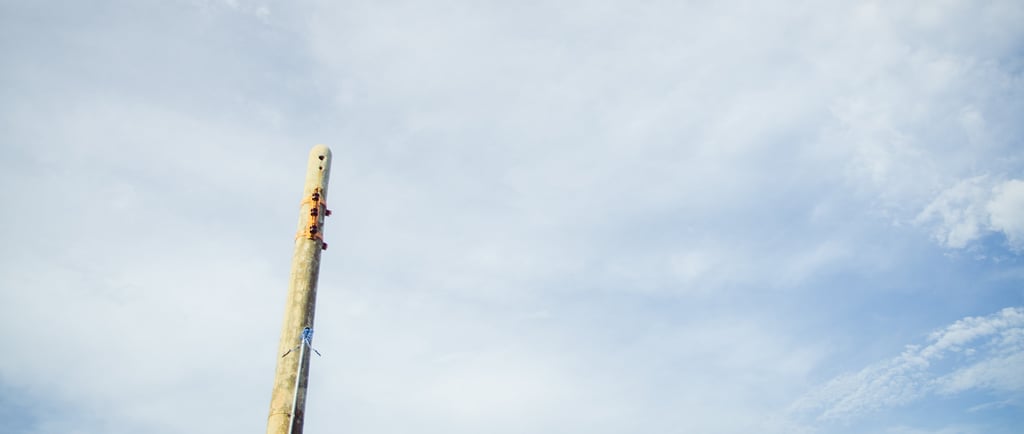Witnessing Silence: Can We Tolerate Evil Done by Others?
Do you ever witness evil unfolding around you, a silent observer to actions that twist your gut and gnaw at your conscience? This blog explores the agonizing moral quandary of witnessing wrongdoing, questioning our responsibility to speak out, and navigating the complex dance between silence and action. Through personal experiences and heartfelt reflection, we delve into the shadows of inaction, explore self-care strategies, and seek solace in the possibility of redemption. Join us on this journey through the gray areas of morality, as we grapple with the question: can we, or should we, tolerate the evil done by others?
12/26/20232 min read


Silence can be deafening, especially when it shrouds acts of evil. This is the agonizing weight I carry daily, a silent observer to a twisted drama: children tolerating their mother's adultery, and her own mother turning a blind eye to the daughter's misconduct. Their twisted pact isn't forged in fear, but in a perverse barter system: hushed acquiescence for material gain. The children wield their silence like a weapon, extracting demands met on bended knee, while the grandmother finds solace in getting her share of the money.
As an outsider, witness to this tangled web of immorality, my conscience screams. My moral compass spins wildly, pulled between the righteous urge to expose the darkness and the gnawing doubt that whispers, "It's none of your business."
Perhaps I'm the naive one, quick to judge the sins of others while overlooking my own. Or maybe my moral fiber, woven with threads of righteousness, refuses to turn a blind eye to such blatant depravity.
Will God, on that final day, hold me accountable for my inaction? This thought fuels the fire of my torment, twisting the knife of silence ever deeper. These people, the silent perpetrators and beneficiaries of this twisted ballet of sin, are the same ones I harbor resentment towards, the ghosts that haunt my recent blog post.
Will God, on that final day, hold me accountable for my inaction? This thought fuels the fire of my torment, twisting the knife of silence ever deeper. These people, the silent perpetrators and beneficiaries of this twisted ballet of sin, are the same ones I harbor resentment towards, the ghosts that haunt my recent blog post.
This isn't about self-righteous crusades or public pronouncements. It's about the agonizing moral quandary of witnessing evil and struggling to find the right path. Do we speak out, potentially ripping open wounds for healing or causing irreparable damage? Or do we stay silent, respecting boundaries even as they shield corruption?
There are no easy answers, only shades of gray that dance in the shadows of conscience. Yet, within this struggle, some paths illuminate:
Seek indirect intervention: Can we offer support or guidance to those caught in the web, planting seeds of self-reflection without direct confrontation? Perhaps an anonymous voice whispering caution in the night.
Prioritize self-care: Witnessing such darkness takes its toll. We must nurture our own well-being through self-care, finding solace in activities that bring peace and clarity.
Seek spiritual guidance: Faith can be a lighthouse in the storm of moral dilemmas. Connecting with a spiritual advisor can offer invaluable perspective and support.
Ultimately, navigating this complex landscape requires careful introspection, aligning our actions with our values, and prioritizing our own emotional well-being. We cannot control the choices of others, but we can choose how we respond, holding true to our integrity and seeking solace in the knowledge that one day, the silence will break.
